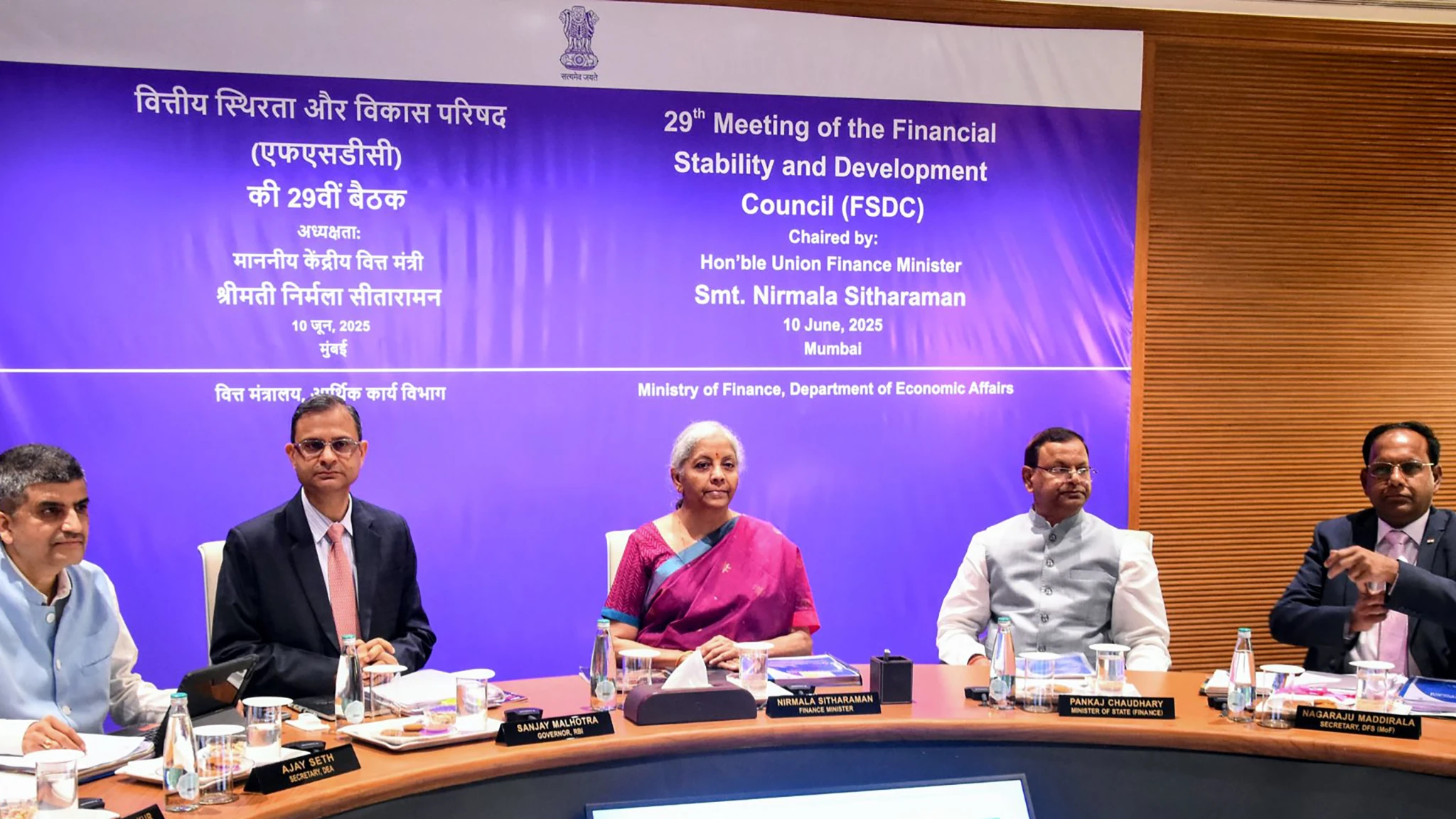29 January, 2025
India received a rude shock from across the Pacific this week as newly elected US President Donald Trump issued a tariff threat aimed squarely at India, alongside China and Brazil. Branding these nations as “tremendous tariff-makers,” Trump’s words, delivered just a day after a telephonic conversation with Prime Minister Modi, signal a potentially turbulent period for international trade relations and India’s economic ambitions.
Trump’s Trade Jabs
Trump’s protectionist stance, encapsulated in his “America First” rhetoric, hints at a possible escalation of trade tensions. While the full implications are yet to unfold, the timing of this broadside, so soon after a seemingly cordial exchange between the two leaders, raises eyebrows. For India, heavily reliant on exports and aspiring to become a $10 trillion economy by 2035, such threats cannot be taken lightly. The need of the hour is to assess vulnerabilities and formulate a robust response to safeguard economic interests.
Infrastructure Imperative
The US President’s statement arrives at a time when India’s economic strategy itself is under scrutiny. Experts suggest that the nation might be spreading its resources too thinly across sectors lacking efficient oversight. To truly catapult itself into the global economic major league, India must prioritise infrastructure development with the same vigour and strategic focus that propelled China’s economic ascent. While the current 3.4 percent capital expenditure is a step in the right direction, it is, by many accounts, insufficient to meet the ambitious targets set for the coming decade. A more aggressive, efficient, and strategically planned infrastructure push is essential.
Nature’s Economic Value
Interestingly, as the world grapples with economic uncertainties, a crucial aspect often overlooked is the intrinsic link between nature and economic prosperity. As highlighted by the IUCN, over half of the global GDP is at risk due to nature loss. India, with its vast and diverse natural resources, is no exception. The narrative that economic development must come at nature’s expense is increasingly untenable. Instead, integrating nature into economic decisions, fostering private sector involvement in conservation, and redirecting financial flows towards nature-positive activities are becoming imperatives. This approach not only safeguards our environment but also unlocks new economic opportunities and ensures long-term sustainability.
What should India focus on right now? Perhaps this external pressure serves as a catalyst to re-evaluate and refine India’s economic priorities. Balancing strategic infrastructure investments with a deep commitment to nature conservation might just be the masterstroke needed to navigate these global headwinds and secure a prosperous and sustainable future.
Image courtesy: PBS










Leave a Reply